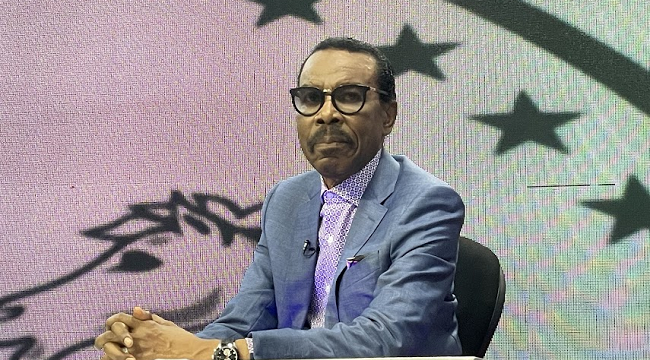By Milcah Tanimu
The Managing Director of Financial Derivatives Company Limited, Bismarck Rewane, has cautioned that raising Nigeria’s minimum wage without a corresponding increase in productivity could have significant economic repercussions.
Rewane emphasized that increasing the minimum wage from ₦30,000 without boosting productivity is akin to printing more money, which could lead to inflationary pressures.
Rewane referenced the Minimum Wage Act 2019, signed by then-President Muhammadu Buhari, which exempted firms with fewer than 25 employees from the ₦30,000 wage requirement. This Act expired in April 2024 and is due for review every five years to align with current economic demands.
“As long as you employ more than 25 people, you are bound by law to pay the minimum wage, and failure to comply can result in a ₦75,000 fine, plus ₦10,000 for each day of non-compliance,” Rewane explained. “This necessitates considering the total wages paid in the country versus the productivity and output of workers.”
He warned that increasing wages without improving productivity, due to issues such as power and infrastructural bottlenecks, forces the government to find ways to fund the wage increase. This scenario, Rewane noted, is essentially like printing money, which could have long-term detrimental effects on the economy.
“It is an emergency. The Federal Government and everyone involved need to act swiftly, or the situation could escalate beyond control,” Rewane urged.
In his Democracy Day speech on Wednesday, President Bola Tinubu assured the Organized Labour that an executive bill on the new national minimum wage would soon be presented to the National Assembly. The President is considering both the ₦62,000 proposal from the government and private sector, and the ₦250,000 demand from Organized Labour.

